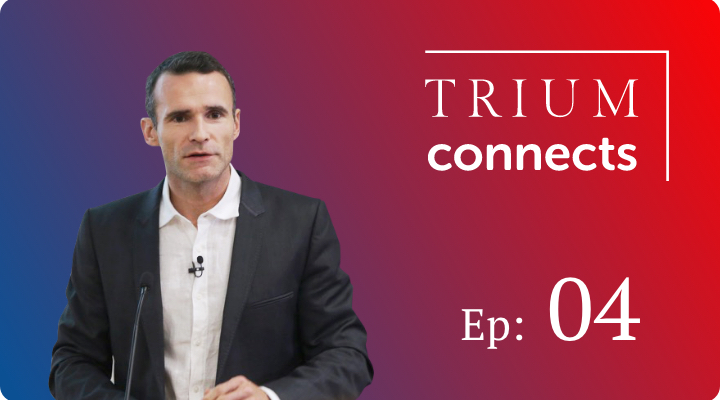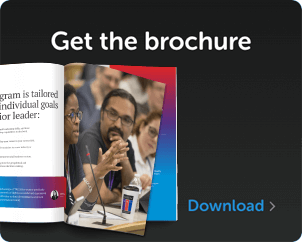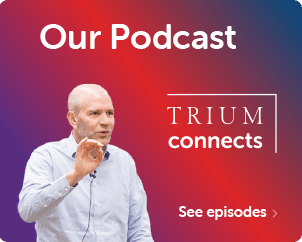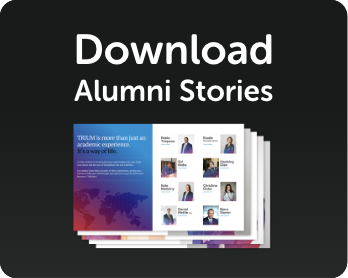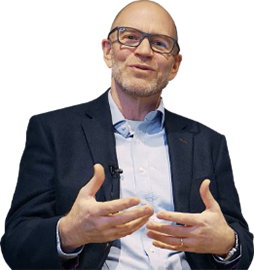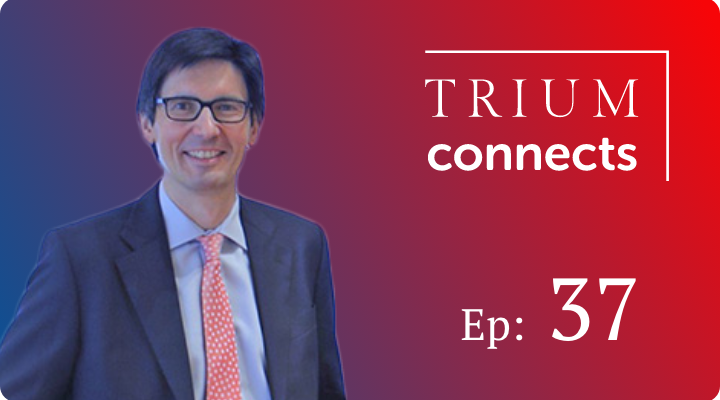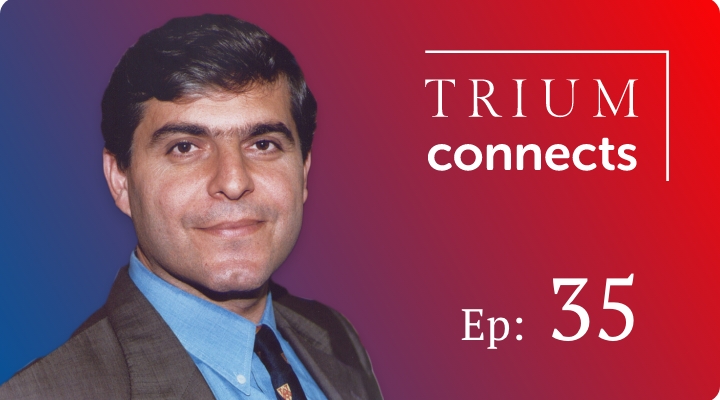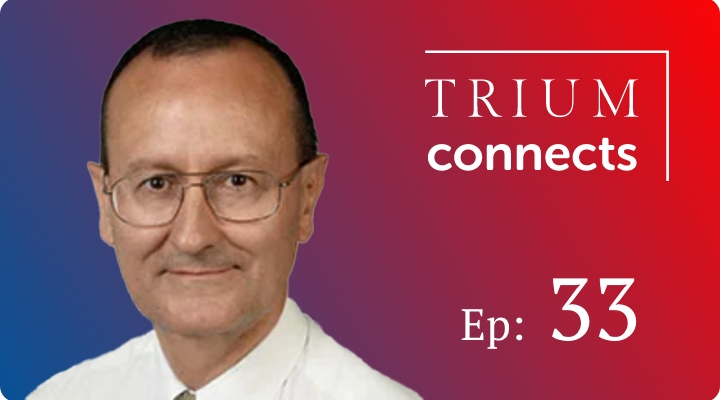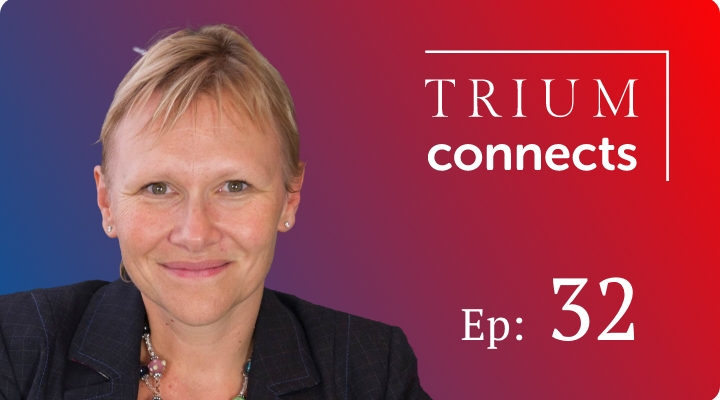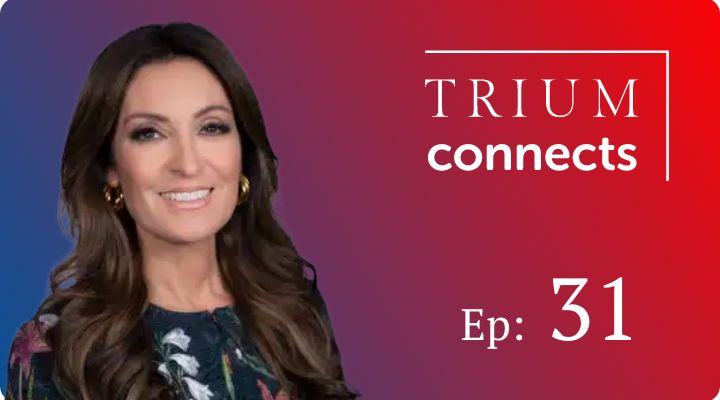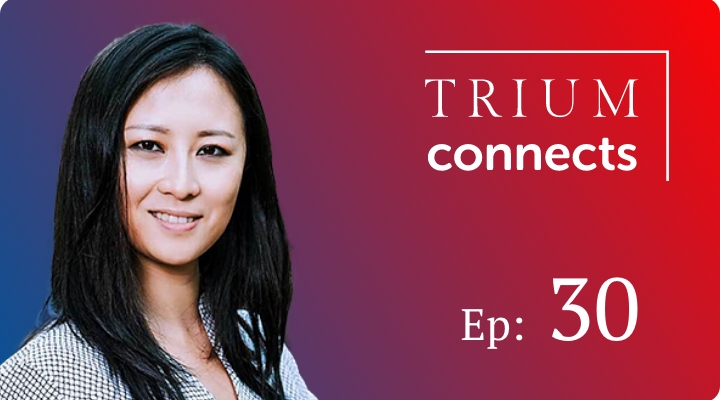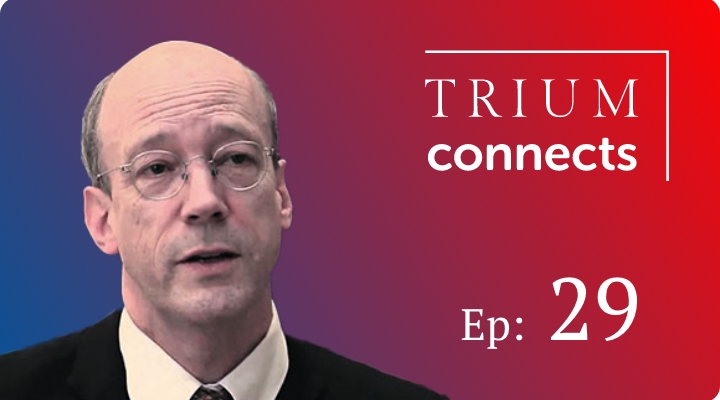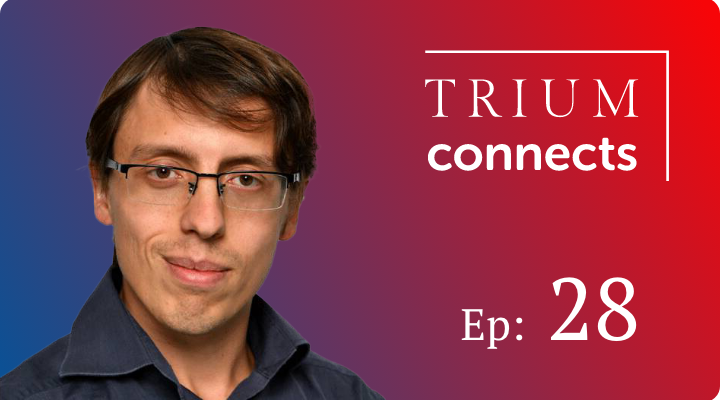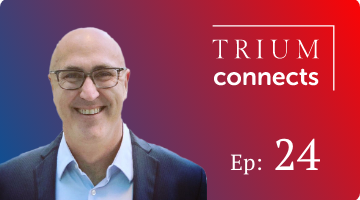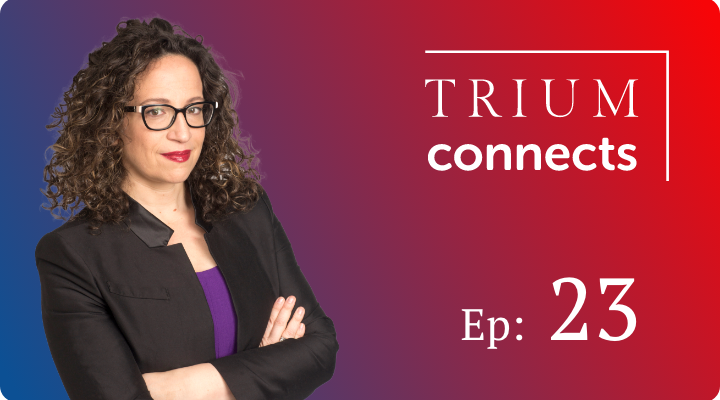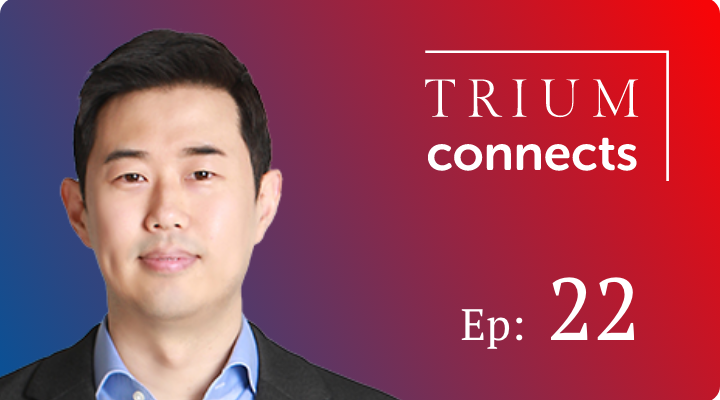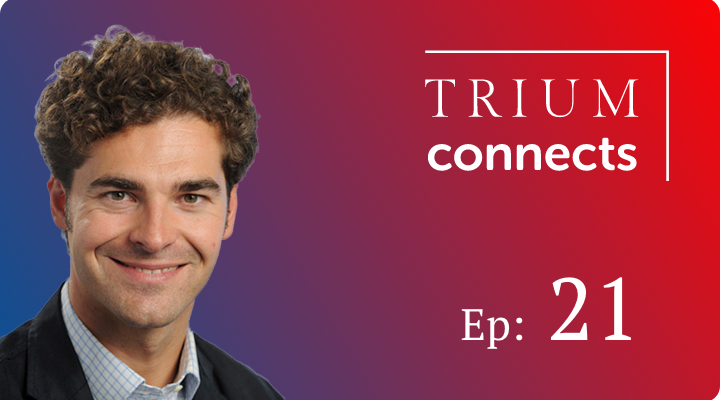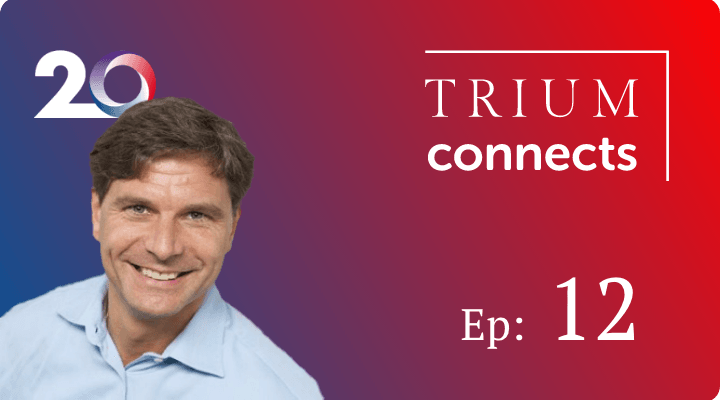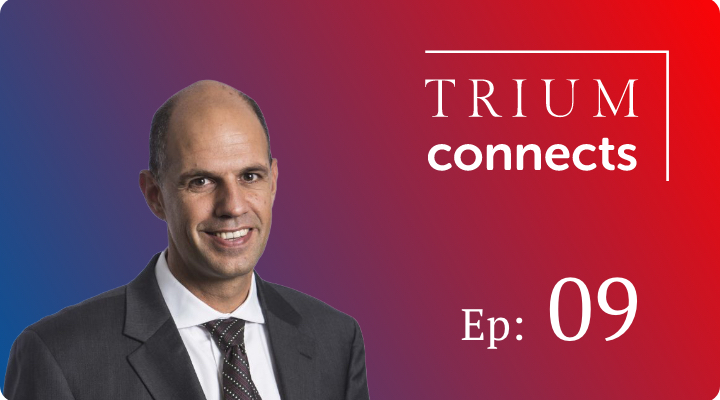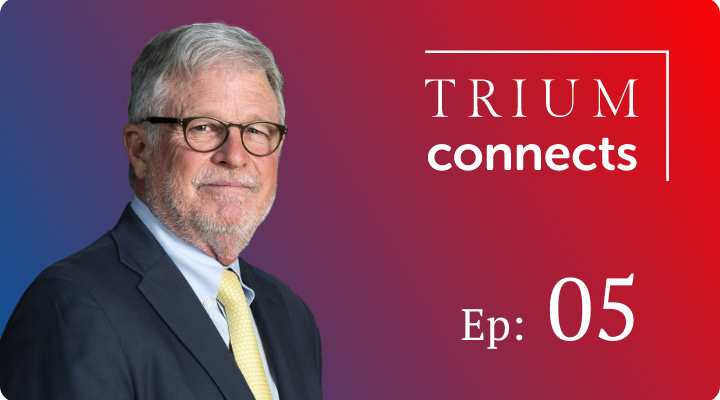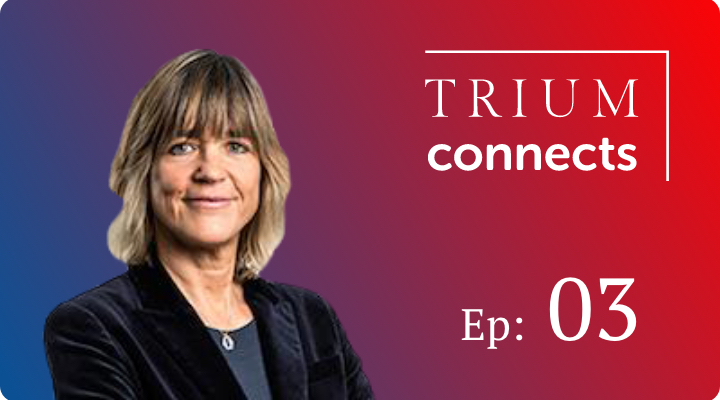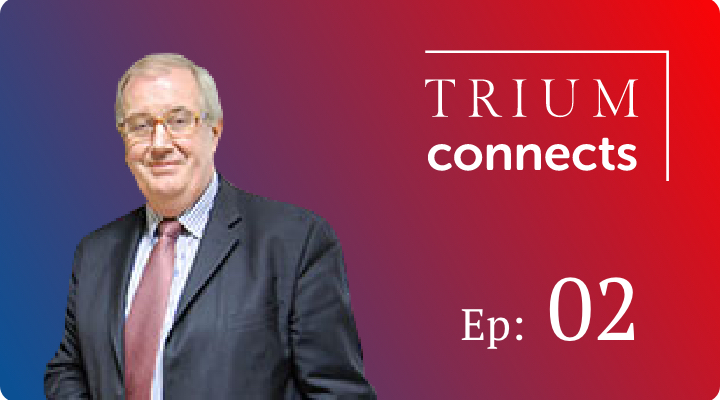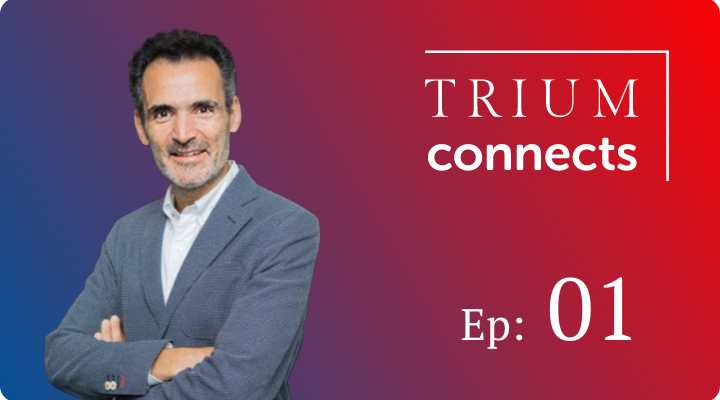
TRIUM connects
podcast
The podcast which dissects the big issues shaping global business

Your Host
Matt Mulford
Latest episode
What comes next? Putting current attacks on the global market into a historic context
28 April 2025
Episode overviewPrevious episodes
Episode overview
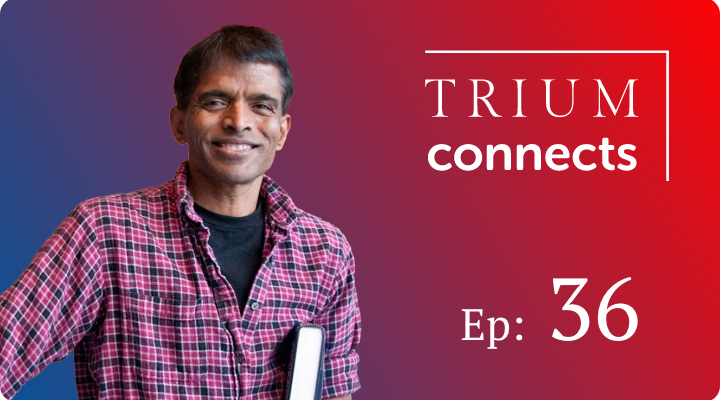

A Unified Theory of Finance: The Corporate Life Cycle
4 February 2025
Episode overview
Episode overview
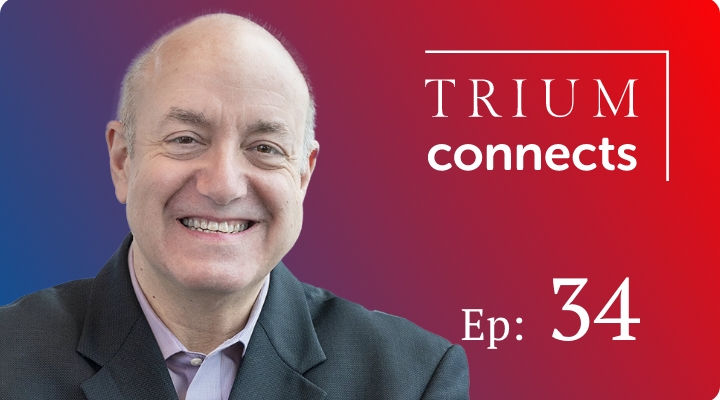

What comes next? The slow death of the neo-liberal world view
12 August 2024
Episode overview
Episode overview
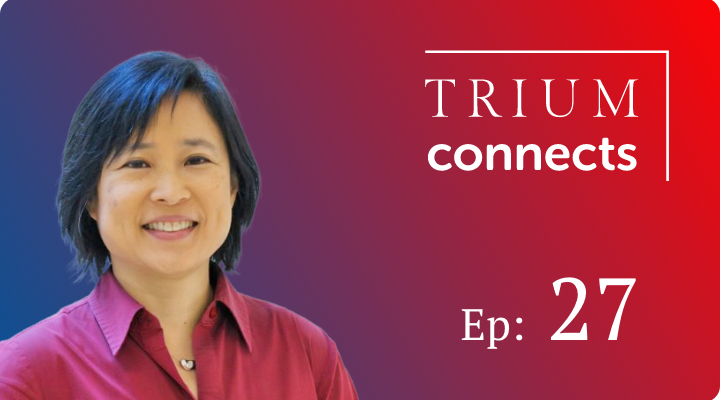

Upwards Influence – The Art and Science of Being Heard
28 March 2023
Episode overview
Episode overview
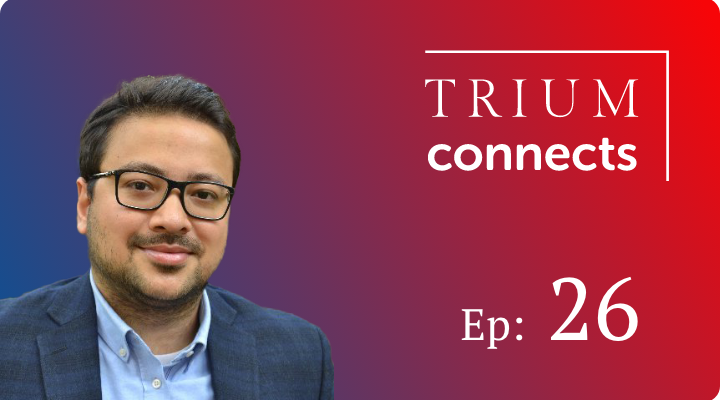

Respect Me! The Role of Status Concerns in International Relations
24 January 2023
Episode overview
Episode overview
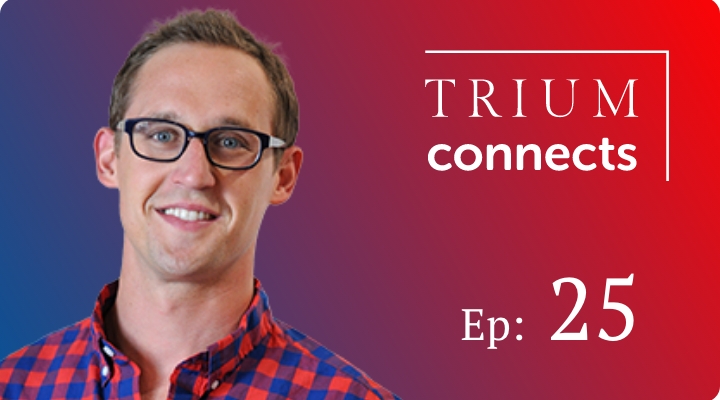

The key to successful innovation = lots and lots of ideas
28 October 2022
Episode overview
Episode overview
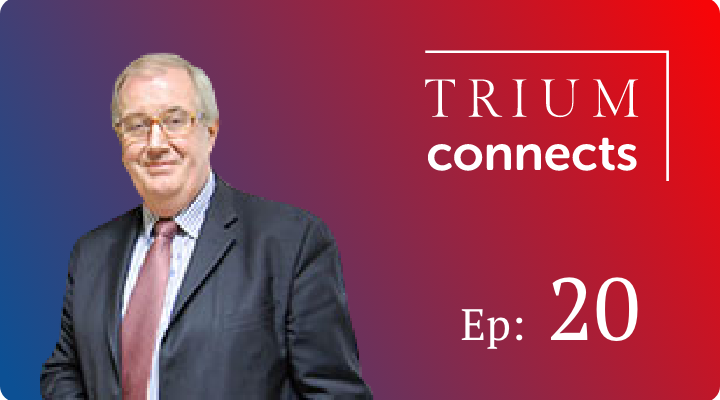

War in Ukraine: The Limits and Strengths of an Interdependent World
11 March 2022
Episode overview
Episode overview
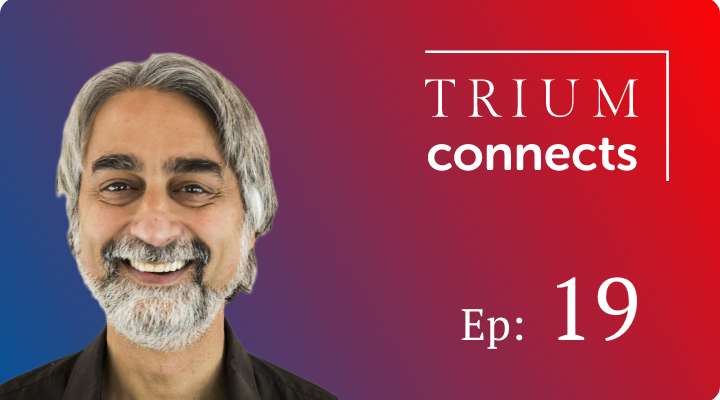

Social Media and Social Pathology: Why and How to Hold Platforms Responsible for Harm
1 March 2022
Episode overview
Episode overview
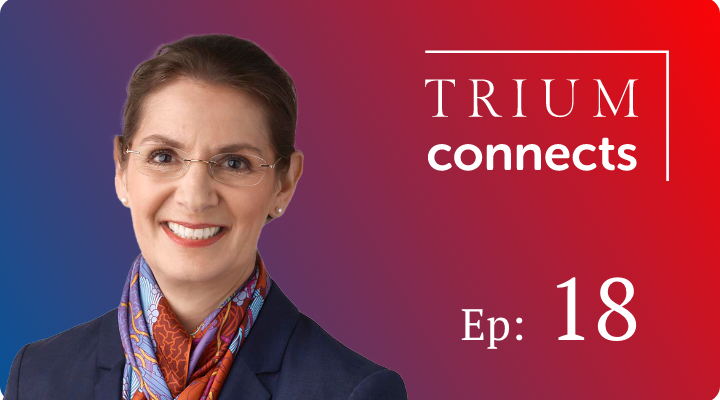

Stewards of the Future: can and should we count on boards to do the right thing?
25 January 2022
Episode overview
Episode overview
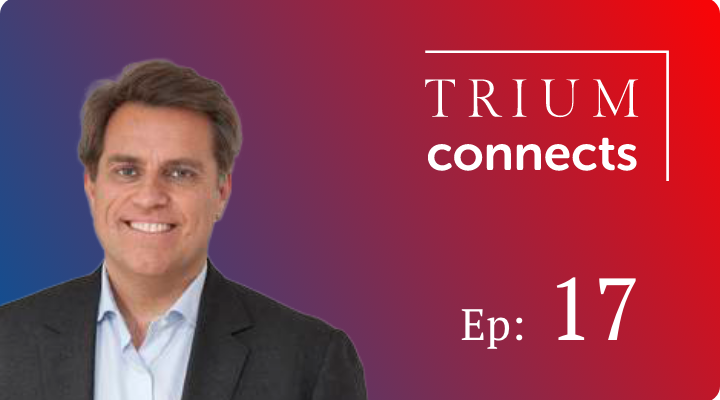

Supply Chain Management in Transition: What has COVID taught us about the weaknesses of how we manage supply chains?
18 December 2021
Episode overview
Episode overview
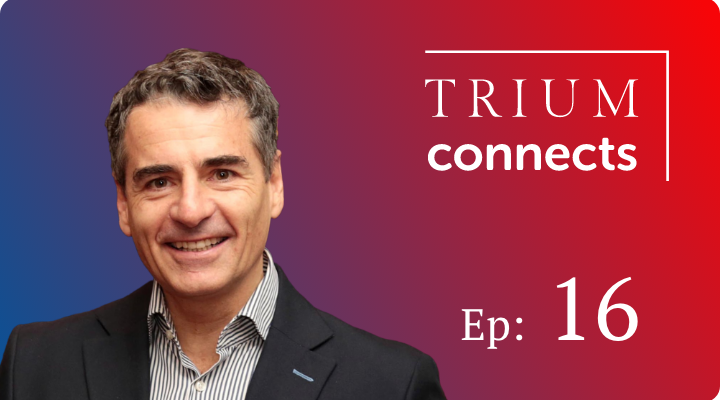

Democratic Dilemmas – When should democratically derived choices in the past bind our current and future democratic choices?
27 November 2021
Episode overview
Episode overview
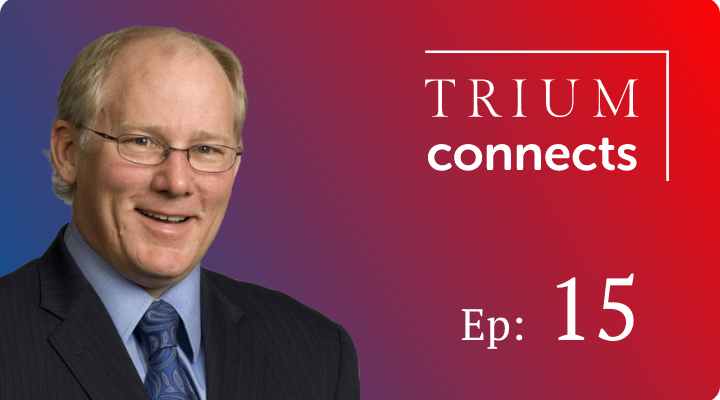

Making Sense of the Space Economy: Myths, Sideshows and Promise
27 October 2021
Episode overview
Episode overview
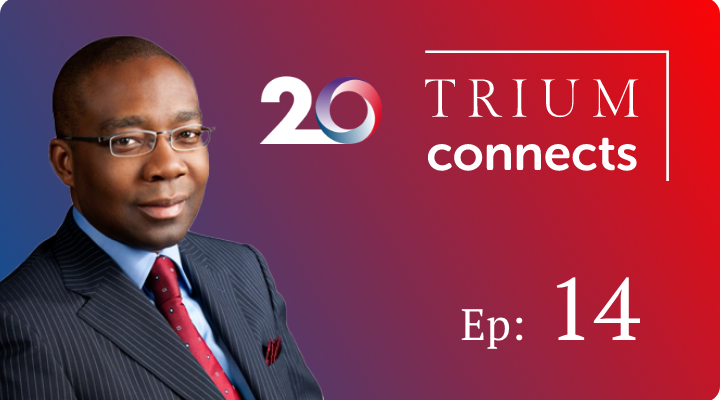

World Class Entrepreneurship in Africa: Turning Challenges into Opportunities
19 August 2021
Episode overview
Episode overview
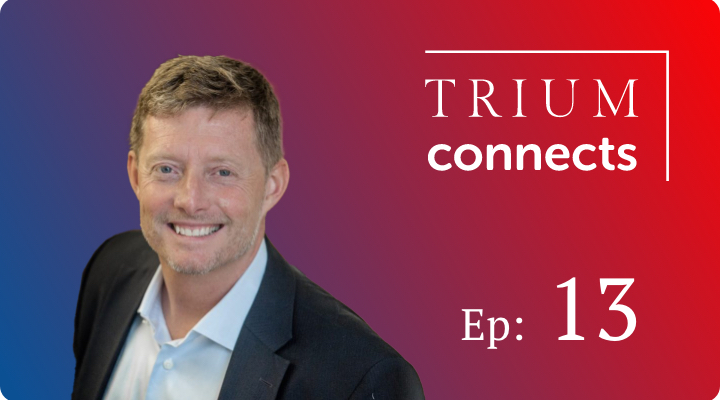

Is Marketing Really a Black Hole? How to bridge the gap between finance and marketing
19 July 2021
Episode overview
Episode overview
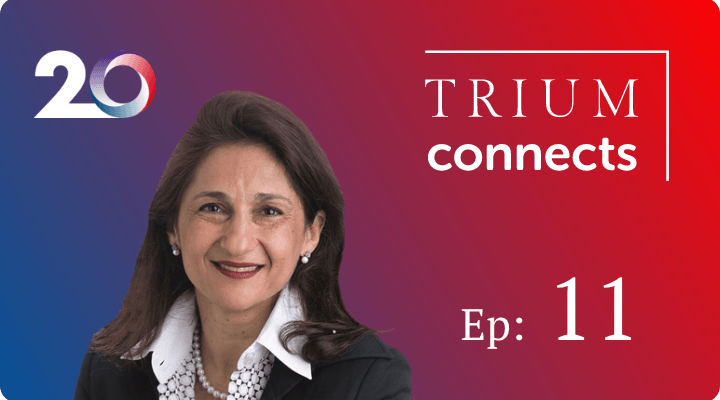

An Anti-Populist Manifesto: A New Social Contract for the 21st Century
28 April 2021
Episode overview
Episode overview
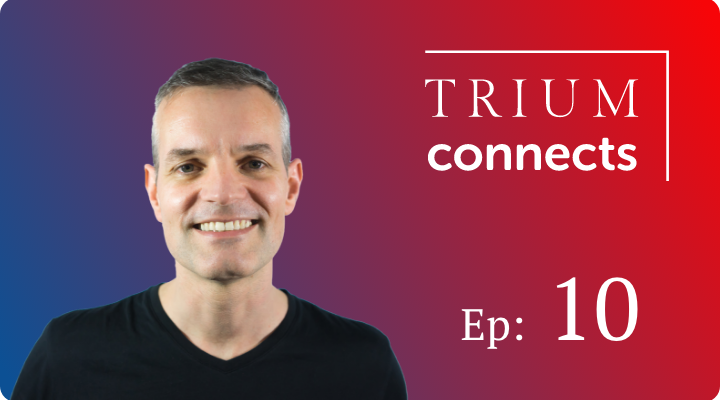

Video Games: How innovation in technology, strategy, process and artistic production has created a mega-industry
30 March 2021
Episode overview
Episode overview
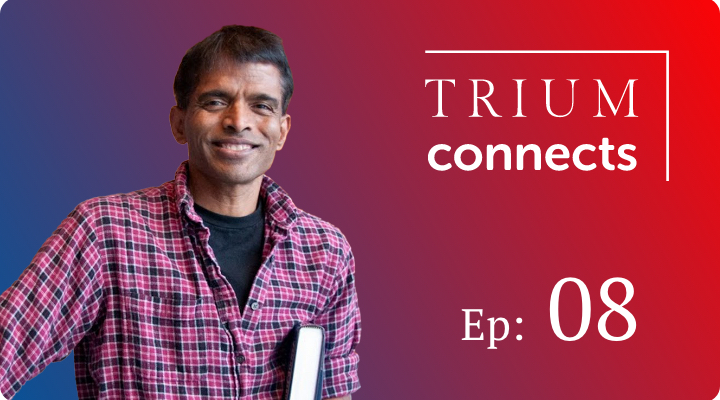

Want to value a firm? Better know and value its story
15 January 2021
Episode overview
Episode overview
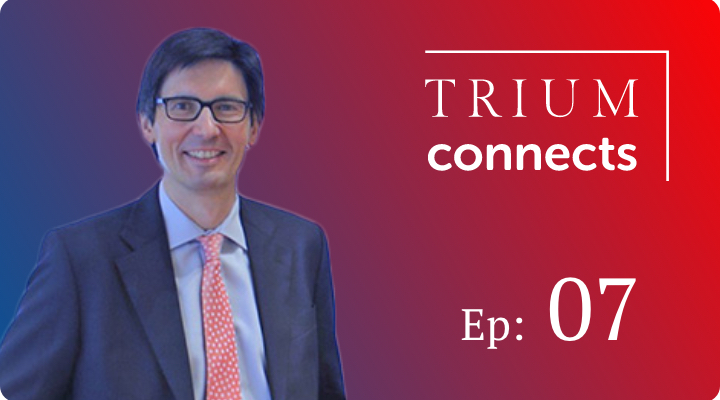

What role for justice in the creation and implementation of international climate agreements
11 December 2020
Episode overview
Episode overview
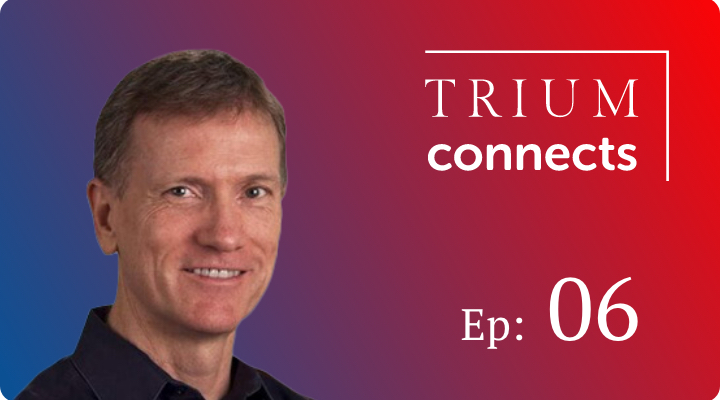

Wealth is changing politics, but not how you think
2 November 2020
Episode overview
Episode overview
